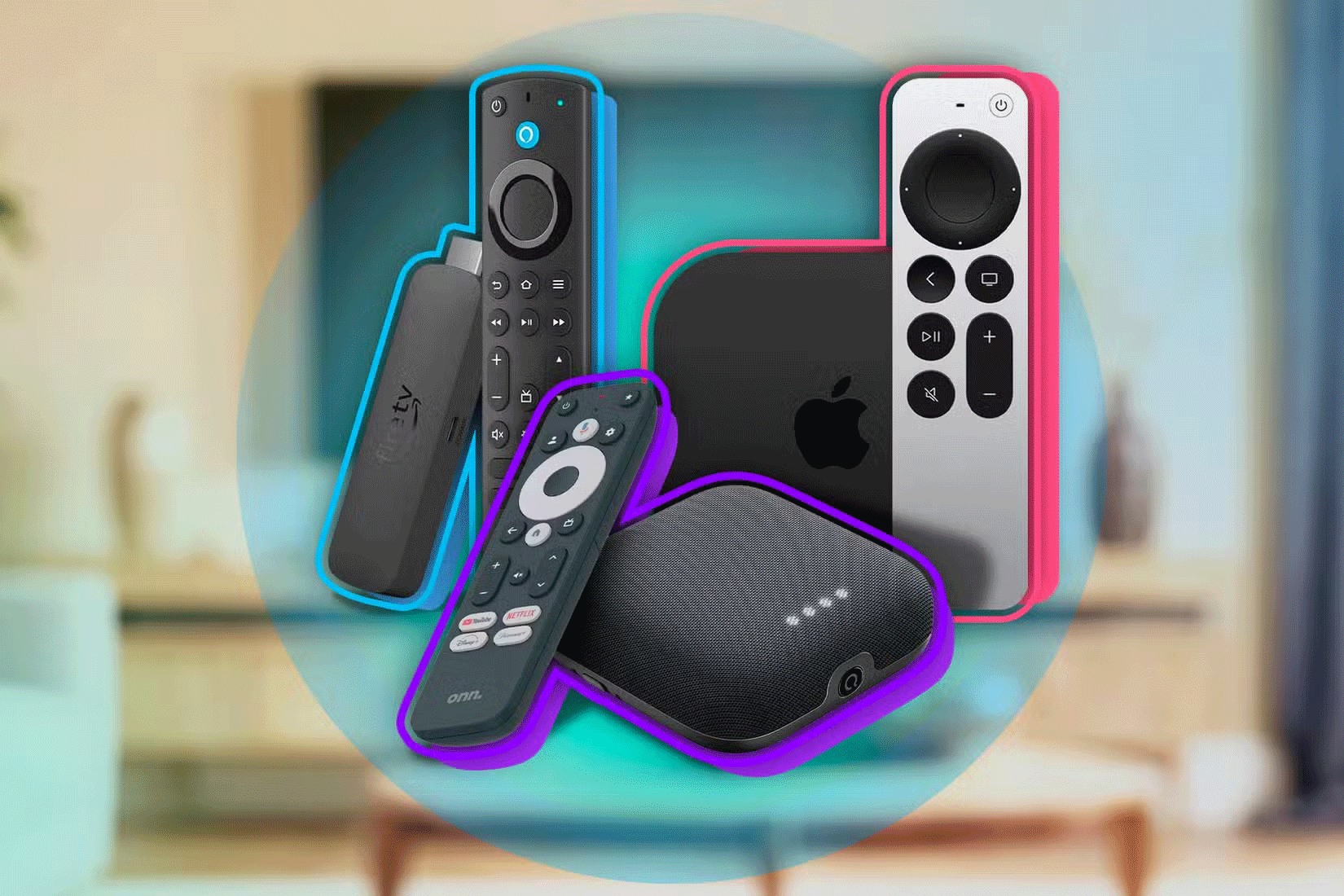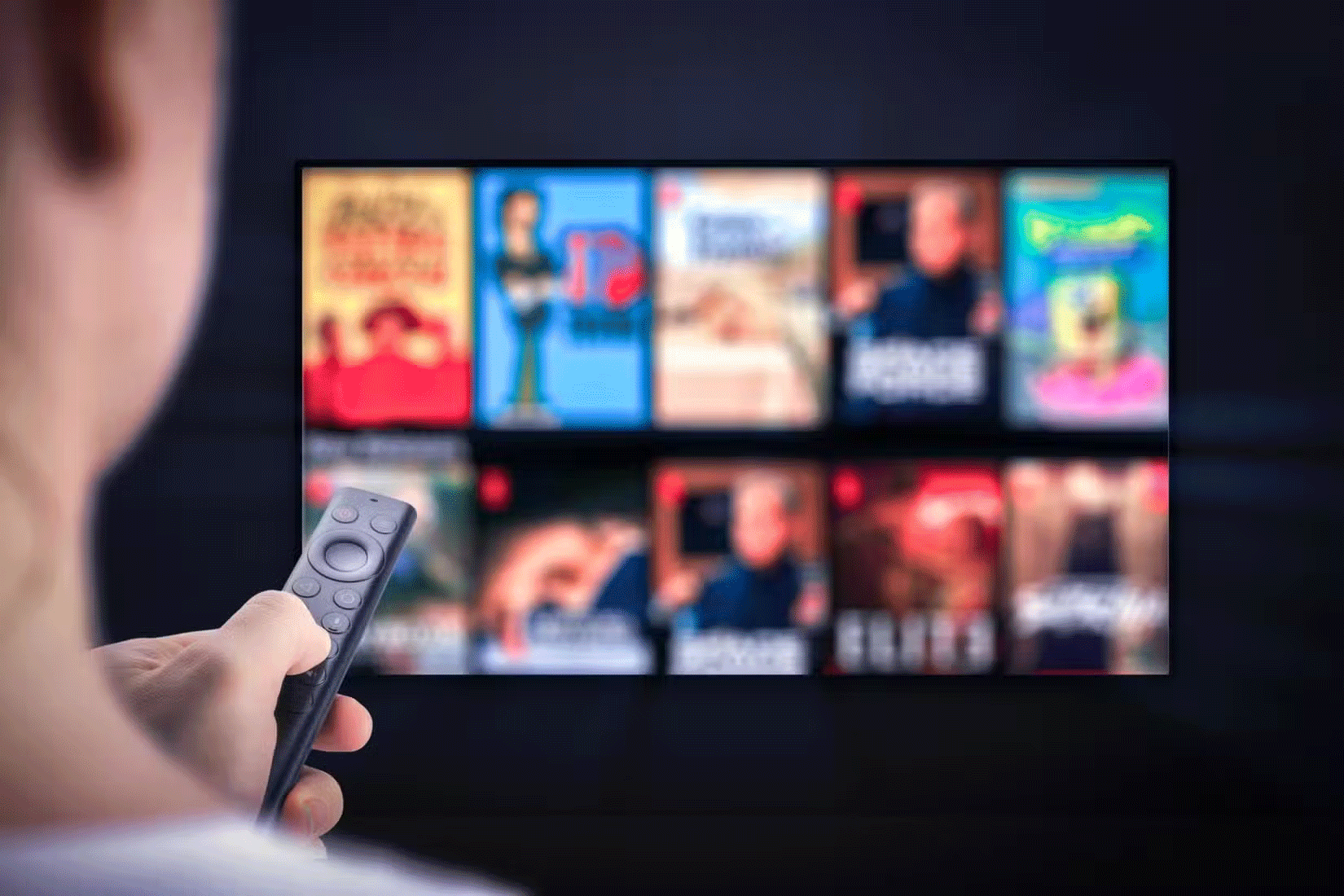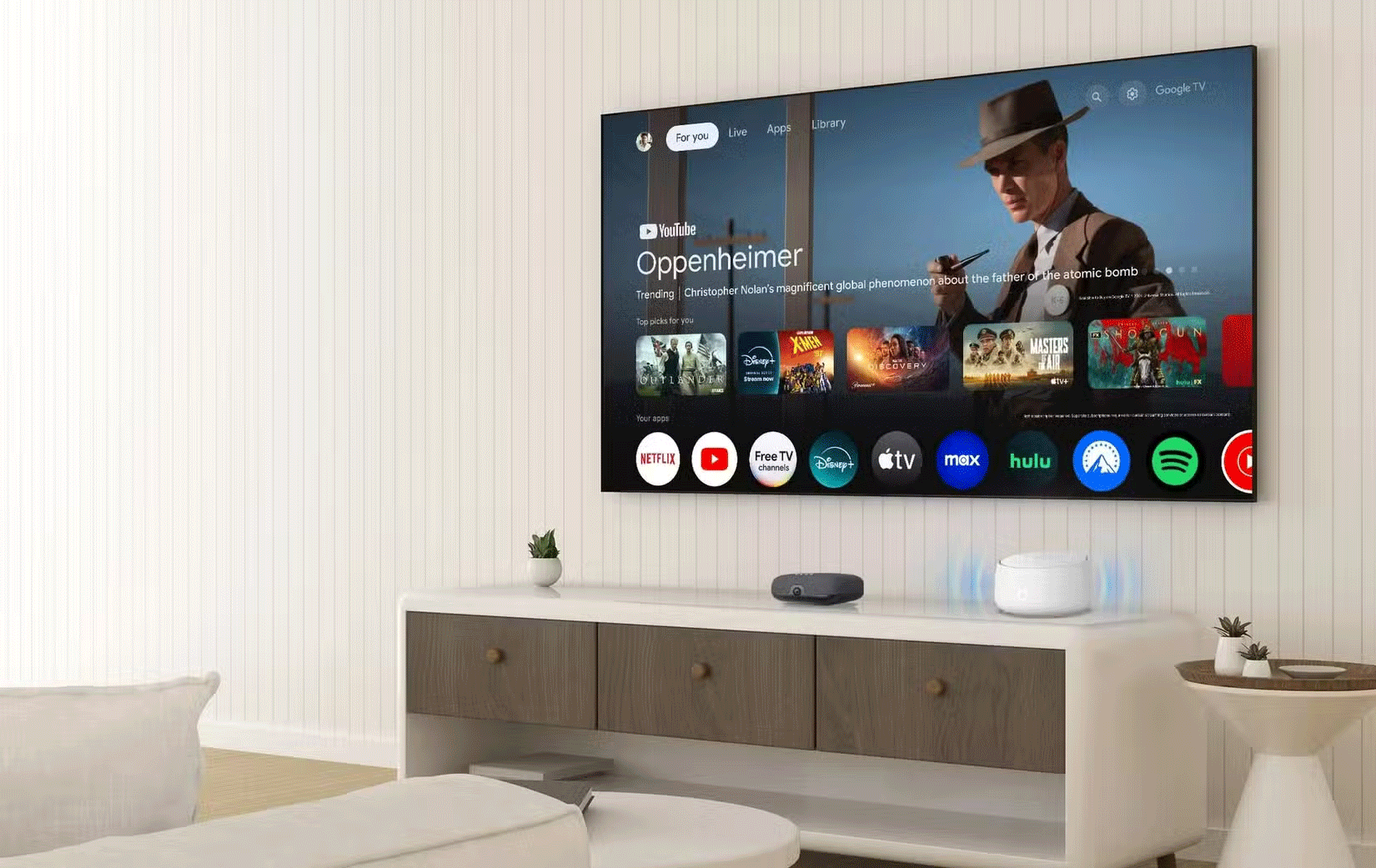Do you need both a Smart TV and a streaming device?
Can a smart TV replace a streaming device, or do they work better together? If you're torn between the two, it's time to analyze their strengths and weaknesses and consider whether owning both is worth it.
What is the difference between a Smart TV and a streaming device?

A smart TV and a streaming device may seem like they're interchangeable. After all, both can connect you to popular apps like Netflix, Hulu, or Disney+. But the key differences lie in the hardware, software, and performance.
Smart TVs have built-in software that gives you direct access to popular streaming services right out of the box. They eliminate the need for additional hardware, which makes them appealing to those who prefer a simple, minimalist setup. However, the software on Smart TVs can vary significantly between brands and is often not as robust or user-friendly as the software offered by standalone streaming devices.
Streaming devices like Roku, Apple TV, Fire Stick, or Chromecast are designed entirely for streaming content. They typically plug into your TV's HDMI port, offer more powerful interfaces, faster performance, and frequent updates. They also tend to support more apps, including specialized streaming services, and come with features like advanced search capabilities or voice control.
How to choose the right option for your needs

Deciding between a Smart TV and a streaming device starts with understanding your needs and habits. Start by thinking about how you use streaming services. Smart TVs can handle the basics without much fuss if you primarily use popular apps like Netflix or Hulu.
The age of your current TV also matters. If it's a few years old, its built-in smart platform may be slow or not support newer apps. In this case, adding a streaming device can be a cost-effective way to improve your experience without replacing the entire TV.
Budget also plays a role. Smart TVs, especially models with high-end features like OLED screens or high refresh rates, can get expensive. For those on a budget, pairing a basic regular TV with a streaming device is often a more affordable option that still offers great functionality.
Another factor to consider is your comfort level with technology. Smart TVs offer a simple 'plug and play' experience, ideal for users who want simplicity. Streaming devices appeal to those who value customization and frequent updates, giving them more control over their entertainment setup.
When should you consider using both a Smart TV and a streaming device?

There are times when combining a Smart TV and a streaming device makes sense. One such situation is when a Smart TV's software starts to get outdated. Even high-end TVs can struggle to keep up with the latest apps and features as manufacturers reduce support over time. A streaming device can breathe new life into your TV.
Another reason to use both is if you like multiple ecosystems. For example, your Smart TV might come with its own operating system, while a streaming device like an Apple TV or Fire Stick gives you access to features and apps exclusive to their ecosystems. This dual setup ensures you're not locked into one platform and can switch between them as needed.
Having both is also convenient for households with different viewing preferences. One person may prefer the simplicity of built-in apps on the TV, while another may prefer the customization options or advanced integration of streaming devices. This flexibility can prevent disagreements over which system to use.
Travelers or renters who frequently move between locations can benefit from having both. Streaming devices are portable, allowing you to take your entertainment setup with you on the go. This ensures you have a consistent experience, even if the TV at your destination is outdated or lacks smart features.
Do you need both a Smart TV and a streaming device? Not necessarily, but having both will enhance your setup. Smart TVs offer a convenient all-in-one solution, while streaming devices offer better performance and access to advanced features. Together, they offer flexibility and keep your viewing experience up to date.